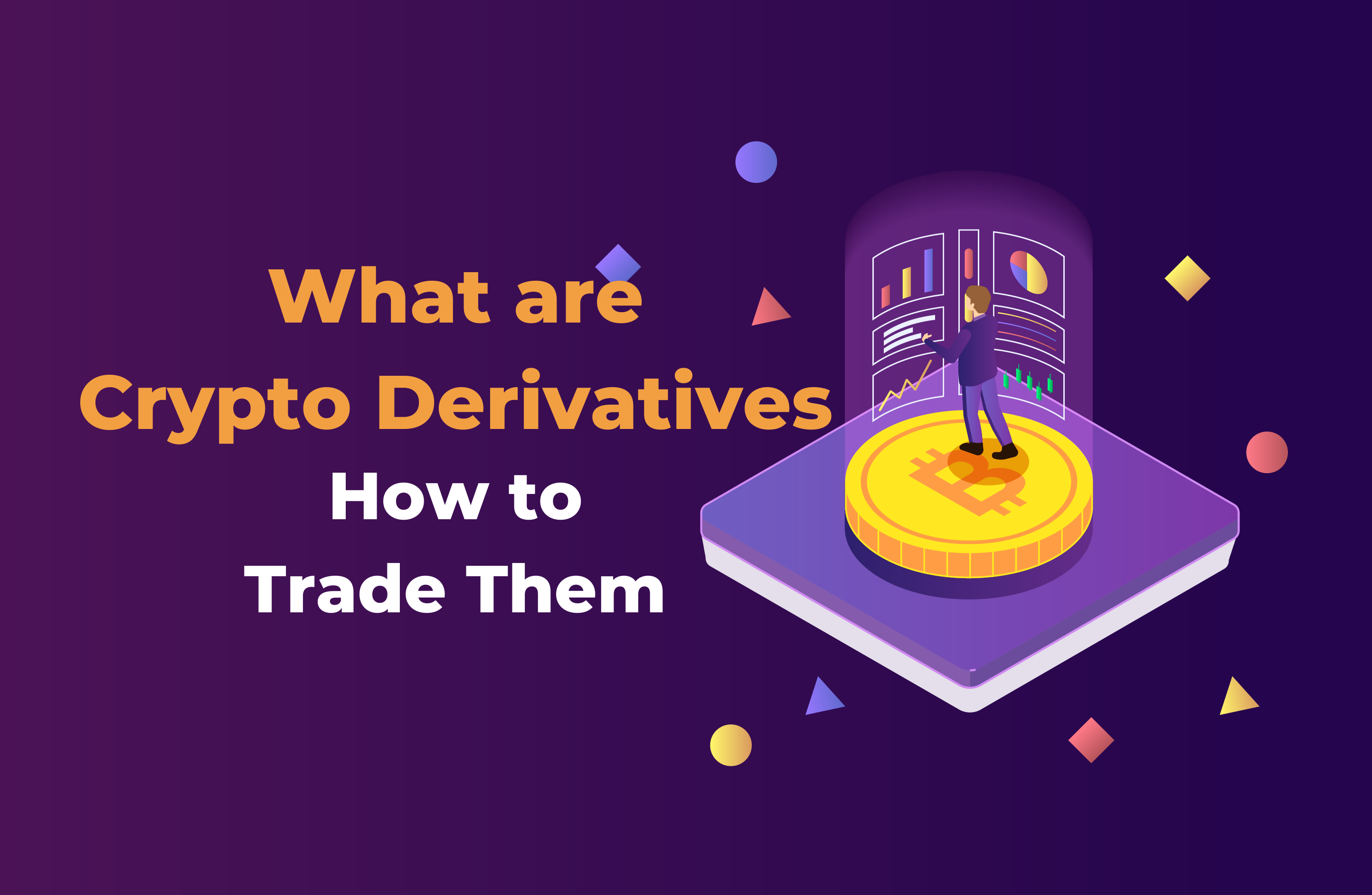Crypto derivatives are secondary contracts or financial tools that derive value from a primary underlying asset. In this case, the primary underlying asset would be a cryptocurrency such as Bitcoin. The most popular crypto derivatives are futures, crypto options, and perpetual contracts.
In the previous article, we explained how to leverage trade in cryptos and listed examples of leverage trading. The knowledge required in derivatives trading is much more complicated, and it requires much more financial analysis and flexibility to control the loss and augment the revenue.
What is the difference between spot trading and derivatives?
Spot market allows the trader to purchase and sell the targeted crypto without a settlement date or expiration time. The trader only makes a profit when the price goes up. If the crypto price goes down, the trader will lose money; if the trader is lucky enough to sell before a significant drop and buy back at a lower price, he could wait for the price to bounce back to the expected price to mitigate the loss. Spot markets passively force traders to hold the assets in general.
A crypto derivative allows the trader to trade the contracts that follow the price of the targeted crypto without actually owning it.
Traditional Derivative Markets
Imagine you want to speculate on the gold prices, and you do not want to buy the gold. You could buy an instrument or contract whose price is tethered to that gold instead.
Crypto Derivatives Market.
The trader will sign a contract with the opposing party. Suppose you bought a contract for Ethereum, and you believe the price will go up while another person believes the price will drop. You and your opposing speculator can sign an agreement claiming that once the price has varied in any direction, one party should pay the other the price change.
Let’s take an example:
Suppose Ethereum is at $7,000, and you bet it will rise. Your opponent bets it will go down. By the time of contract settlement, if Ethereum increases to $8,000, the counterpart will pay you $1000. If the price goes down to $6,000, you will have to pay your opponent $1,000. As we can see, people can make money from derivatives by betting on price variation. In spot trading, generating revenue is highly tethered to the live price change; if the price goes up, the trader gains profit; if not, the trader loses money. The derivatives come in many variations, but most allow investors to make money without buying the underlying asset.
Futures, options, and perpetual contracts are the most popular derivatives in crypto.


